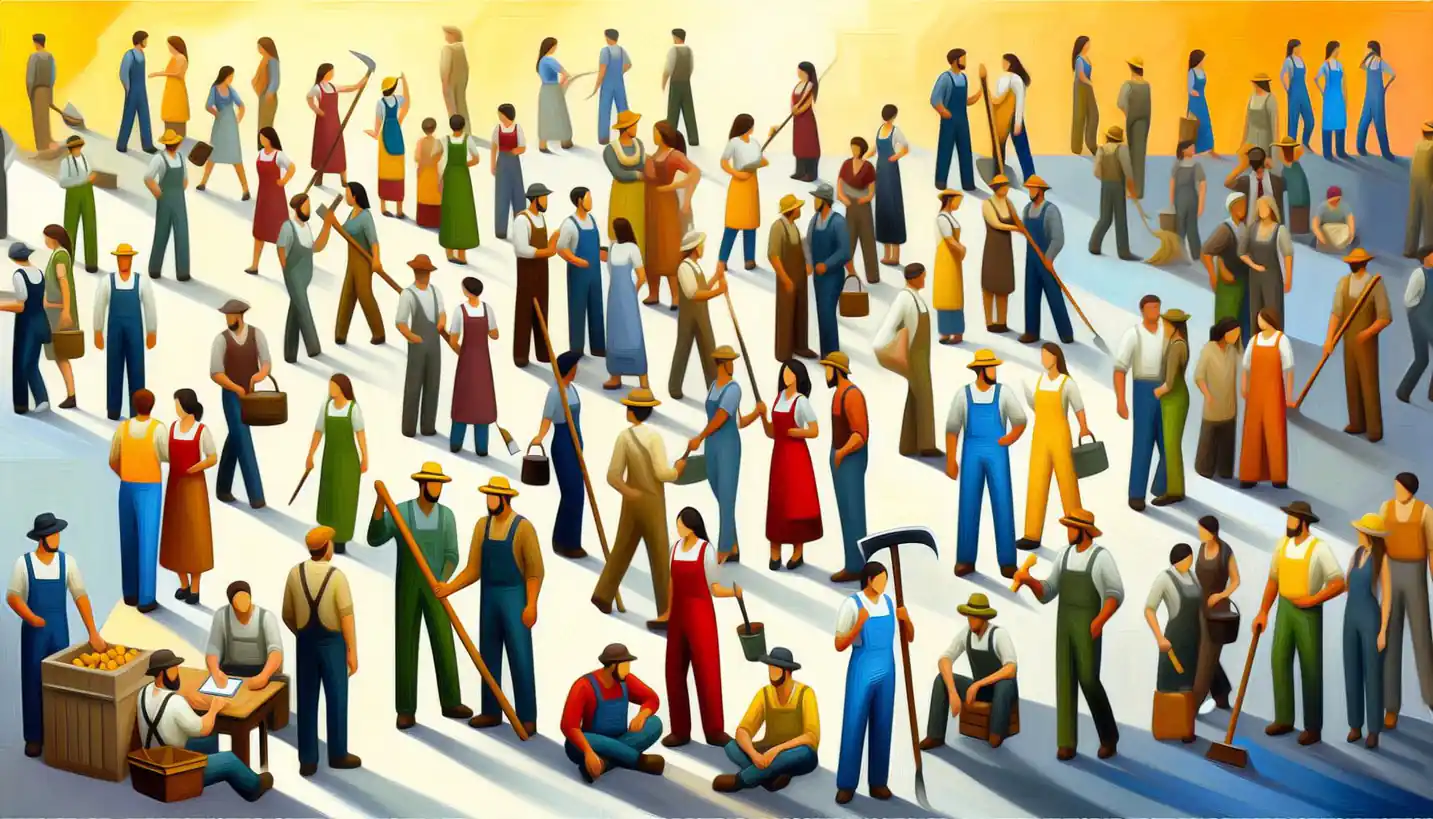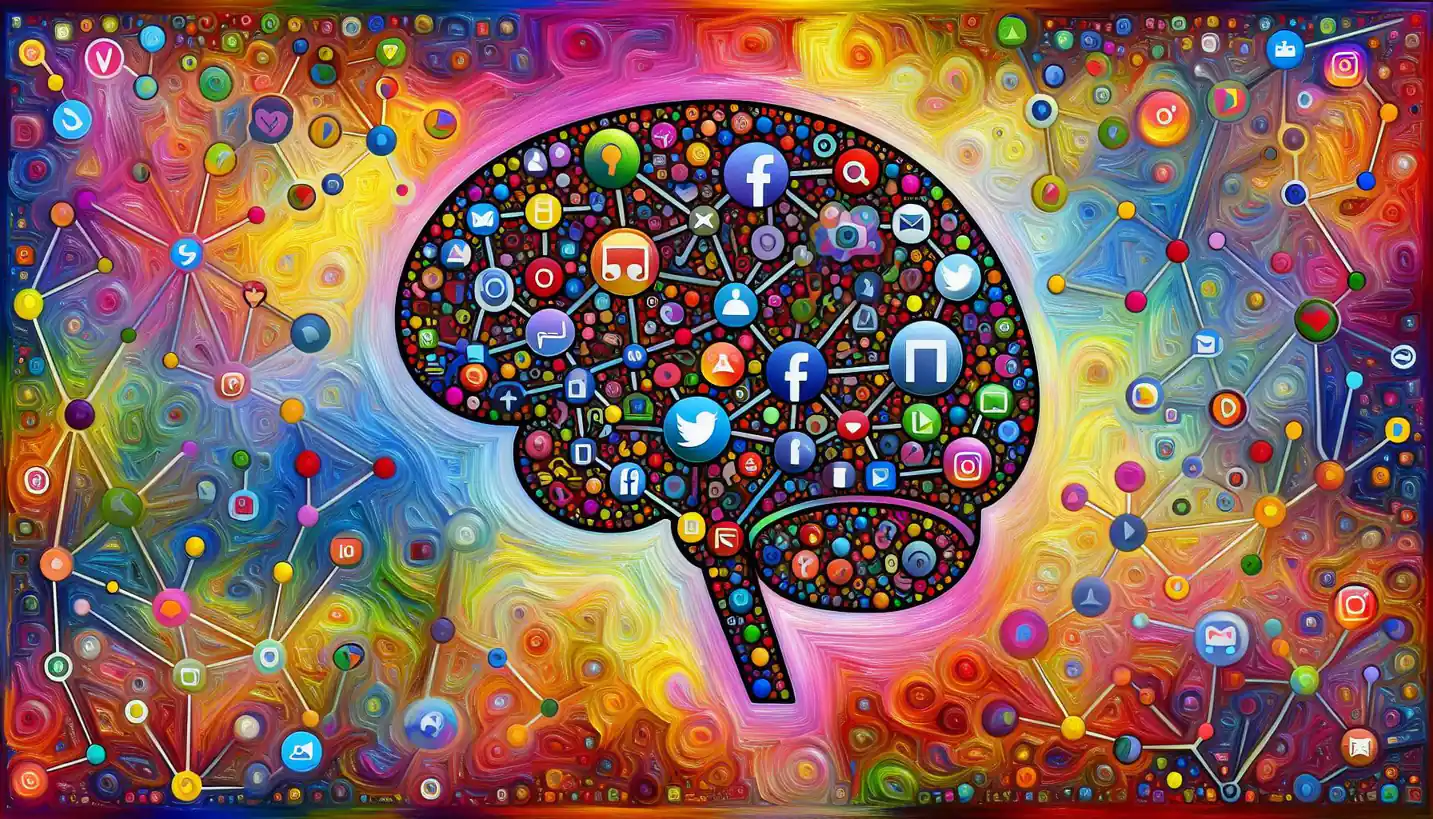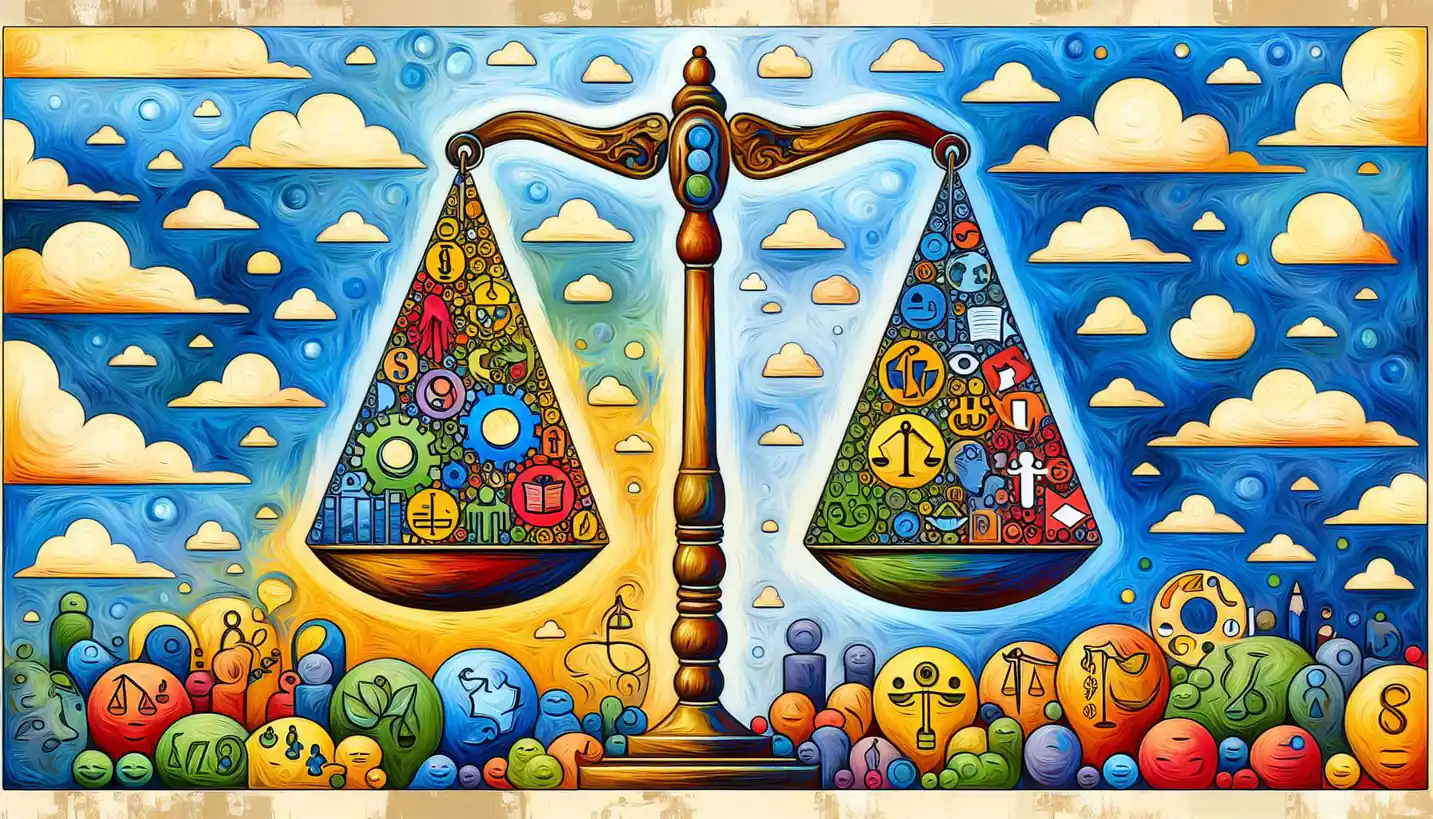· Sociology · 4 min read
Ideological Apparatus: The Hidden Forces Shaping Society
Discover how ideological apparatuses subtly shape our beliefs and perceptions in society, often without us even realizing their influence.

When we talk about the world around us, a lot of what’s happening is influenced by forces we might not even notice. These forces are often described as “ideological apparatuses” in political sociology and sociology, and they’re like the invisible hands guiding our views and behaviors in society. Let’s dive into what these are and why they matter so much.
Understanding ideology can feel a bit like trying to see the wind. You can’t capture it directly, but you can certainly see its effects all around you. In essence, ideological apparatuses are the tools and institutions that spread and reinforce the dominant ideas, beliefs, and values in a society. They play a crucial role in maintaining the status quo by shaping how we think about the world and our place in it.
So, where do we find these ideological apparatuses? They’re all around us, working quietly through institutions like schools, churches, media, and even our families. Think about how a school teaches more than just math and history; it also imparts values like discipline, respect for authority, and patriotism. Similarly, media doesn’t just inform us about current events; it also influences what we should care about and how we should interpret these events.
French philosopher Louis Althusser gave us a deeper insight into the concept. He proposed that ideological state apparatuses (ISAs) work alongside repressive state apparatuses (like the police and military) to maintain societal control. While the latter use force, ISAs use subtle persuasion. Instead of imposing rules through coercion, they win hearts and minds by feeding us specific ideologies that seem natural and obvious, even though they’re socially constructed.
Consider the family, for instance. It’s one of the earliest and most significant ideological apparatuses we encounter. Families often pass down beliefs about gender roles, social norms, and cultural values that shape us long before we even step inside a classroom. This makes us view certain societal expectations as “normal” or “natural.”
The education system is another key player. Schools aren’t just places for learning facts; they’re also where we inherit societal values. Through the curriculum, norms, and classroom interactions, students learn about authority, hierarchy, and social expectations, often without even realizing it’s happening.
Media plays an even more pervasive role today than ever before. Every day, we’re bombarded with information via TV, internet, movies, and social media. The media tells us not just what to think about, but often how to think about it. For example, news channels may portray a political issue in a way that aligns with a particular ideological stance, subtly influencing public opinion.
But why is all this important? Well, understanding ideological apparatuses helps unveil how society maintains power structures and keeps inequalities in place. By internalizing these dominant ideologies, people may unknowingly support systems that might not benefit them. This often leads to what’s known as “false consciousness,” where individuals cannot see their own oppression or the possibility of alternative social arrangements.
This concept opens up a whole realm of questions. How do we resist these pervasive influences? How can societies become more equitable and just? One way is through critical thinking and media literacy, which empower individuals to question dominant narratives and seek out diverse perspectives.
It’s fascinating to think about the role of new platforms like social media. While they can act as traditional ideological apparatuses, they also have the potential to disrupt existing narratives and democratize information. Platforms like Twitter or Instagram allow for a multitude of voices to be heard, challenging traditional power dynamics and offering alternative viewpoints.
The importance of ideological apparatuses is undeniable in understanding society’s complexities. These entities are powerful but not invincible. As we become more aware of their influence, we can better navigate our world, make informed decisions, and perhaps even challenge the systems that no longer serve the greater good.
Our journey through the landscape of ideology is ongoing, with each of us playing a role in shaping what comes next. The key is awareness and the courage to question, both of which can lead to a more open and equitable society.



